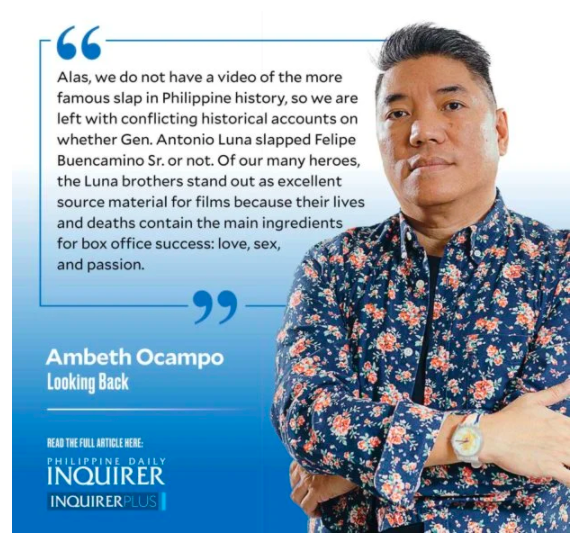
Ross Douthat, writing in The New York Times, says that the plunging viewership for the annual Academy Awards is not about the decline of the Oscars but the end of the movies as we know it. The end began two decades ago when I opted for rental videos and discs, watching at home rather than the cinema. Then came the flood of cheap pirated DVDs. A decade ago, I started binging on long-haul flights. Middle Eastern airlines are the best, with hundreds of films on demand keeping me up from Manila to Europe. I begin watching as soon as I get to my seat, not wasting the hour from boarding to take off, and end when I disembark. This way, I can clock in four to five films per flight. Friends now provide whole seasons of content on thumb drives in case I don’t care for the in-flight selections. The final nail in the coffin of cinema viewing came in the form of cable TV and on-demand streaming like Netflix that provides a welcome distraction during the pandemic lockdown.
Short attention span killed the Oscars. Why watch the full three hours when you can get snippets in real-time on Twitter and Facebook? This year’s Oscars will be remembered for Will Smith who, shortly before being awarded Best Actor, got on stage and slapped the comedian who made a joke about his wife’s medically prescribed buzz cut. That slap reminded me of two slaps in Philippine history, one available on YouTube. In November 2000, during the heated debates on the impeachment of then President Joseph Estrada, San Juan Rep. Jose Mari Gonzalez slapped congressional sergeant-at-arms Bayani Fabic on live television. Gonzalez was sued in 2001 and finally sentenced in 2013 to pay P200,000 in damages.
Alas, we do not have a video of the more famous slap in Philippine history, so we are left with conflicting historical accounts on whether Gen. Antonio Luna slapped Felipe Buencamino Sr. or not. Of our many heroes, the Luna brothers stand out as excellent source material for films because their lives and deaths contain the main ingredients for box office success: love, sex, and passion. Antonio has been immortalized in Jerrold Tarog’s “Heneral Luna” (2015), Juan Luna’s tragic story has yet to be filmed.
I first heard of the Luna slap from Teodoro A. Agoncillo who related how, during a Cabinet meeting in 1899, Antonio Luna called Joaquin Buencamino, who had died in battle, a coward. Rising to his son’s defense, the bereaved Felipe Buencamino Sr. replied by blaming Luna for the loss in the Battle of Bagbag. Luna’s unauthorized withdrawal of soldiers from the battle, to settle a personal score with Gen. Tomas Mascardo, resulted in the enemy crossing Filipino lines. His honor stung, Luna stood up and slapped Buencamino in the face, a very humiliating gesture in the macho Philippines.
Another version of the same event is provided by Vivencio Jose in “The Rise and Fall of Antonio Luna” (1972), which recreates the scene complete with dialogue:
Luna: “There is another traitor whom we should be permitted to eliminate!”
Buencamino: “I deny your accusation; as for me, if there is any traitor among all those who form the government and army of the Republic, it is you because if you had not taken the one thousand soldiers armed with Mauser guns from Calumpit in order to subdue General Mascardo, without permission of the Captain General, until now the American Army would be surrounded at Malolos. This accusation of yours is as false as that denounced by you to Captain General Aguinaldo in relation to my deceased son!”
According to Vivencio Jose, Luna saw red when he heard the word “Bagbag” and lunged at Buencamino, but Severino de las Alas, then interior secretary, caught him by the arm and led him away. Victor Buencamino, son of Felipe Buencamino, noted in his memoirs that it was Aguinaldo, not De las Alas, who prevented the slap: “Luna stood up to hit my father … Aguinaldo interceded, reminding Luna that he was in the presence of the President of the Philippines, and the incident ended there.” In conversation, Aguinaldo confirmed Victor Buencamino’s version, but his 1957 autobiography, “A Second Look at America,” cowritten by Vicente Albano Pacis, refers to the slap. Filipinos love sampalan in movies and history, so was there a slap, an attempted slap, a stopped slap, or no slap at all? That’s a historiographical puzzle.
Comments are welcome at aocampo@ateneo.edu
